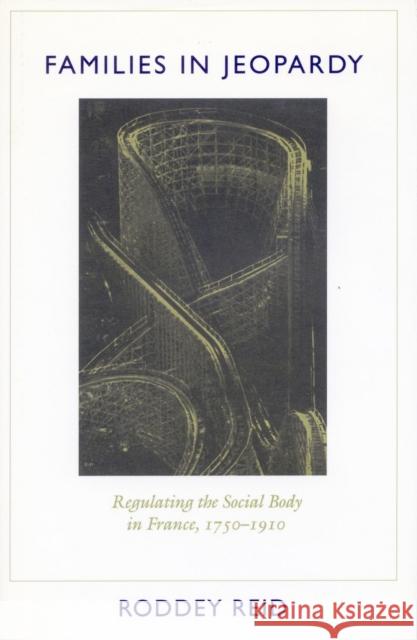Families in Jeopardy: Regulating the Social Body in France, 1750-1910 » książka
Families in Jeopardy: Regulating the Social Body in France, 1750-1910
ISBN-13: 9780804722247 / Angielski / Twarda / 1993 / 376 str.
Offering a radical approach to family and textuality in the field of cultural and literary studies, the author argues that the new print culture - from domestic manuals to public health reports and, most notably, prose fiction - promoted new norms of behaviour and selfhood not through narratives of idealized family life, but instead by means of a rhetoric of danger and pathology. Through analyses of novels by Bernardin de Saint-Pierre, Sue, Balzac, Sand, Zola and Gide, the author demonstrates that the peculiar force of the French novel resided in its power to reach wide, newly literate audiences and to inscribe new identities and desires through the reading process. Finally, the book proposes the provocative thesis that because of these tales of threatened or failed family life the domestic conjugal household has never worked even down to our time; it has always been dysfunctional, in crisis, and under threat from outside forces and thus in constant need of protection and renewal.











